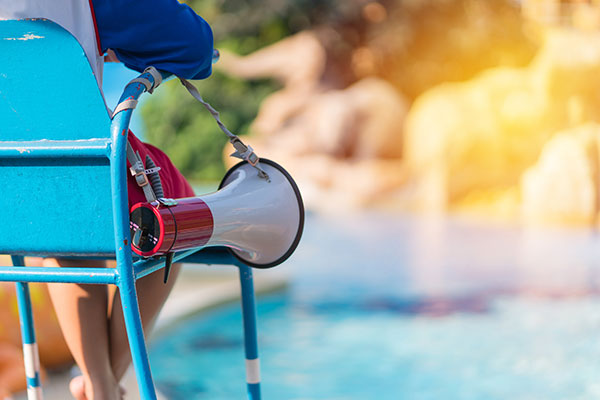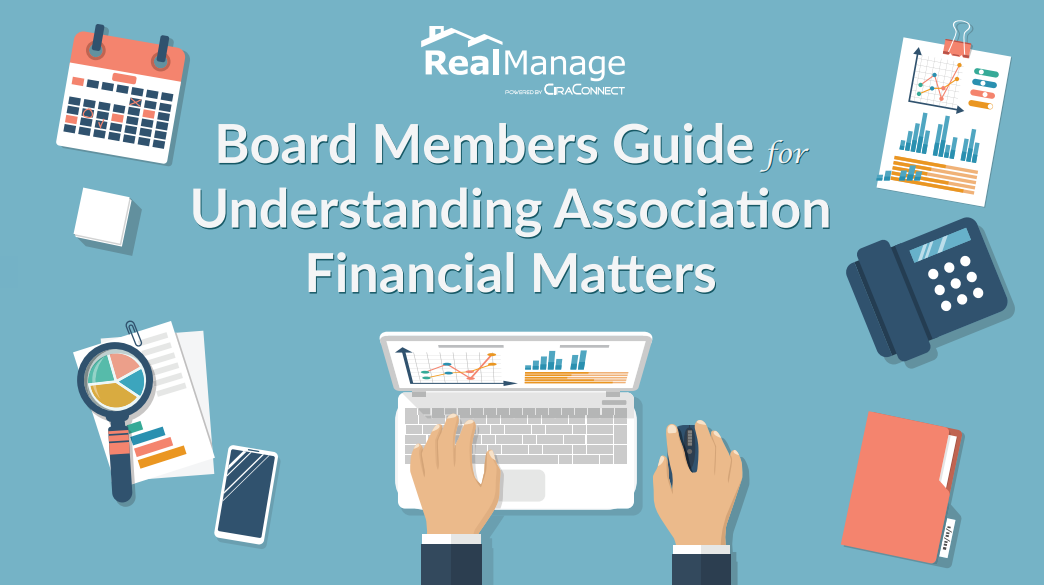Warm weather means that your HOA community members are looking to cool off and have fun in the sun. If your HOA or condo association has a pool that is open to residents and their guests, you may be concerned about keeping them safe while they splash. This is an important thing to consider because many tragic pool accidents can be prevented with a lifeguard on duty. But hiring a trained lifeguard can be costly. Your HOA or condo association board members will carefully want to weigh the pros and cons of hiring a lifeguard, and consider the other options available.
**Your state and local laws regarding COVID-19 may have a direct impact on your responsibility to provide additional safety measures at your community pool. Please speak to an attorney or your community management staff and appropriate insurance personnel to ensure that your community isn't violating any new rules or risking additional liability.
Benefits Of Having A Lifeguard On Duty
Having a lifeguard on duty at your community pool has the obvious benefit of preventing accidents and protecting swimmers from life-threatening situations. As long as your lifeguard has the proper training (i.e. certified in CPR, and have the strength and swimming skills necessary), they will know exactly what to do if an emergency arises, and they can also help with pool maintenance tasks to keep the area clean and welcoming.
In addition, you may want to implement certain rules at your pool, especially in the wake of the COVID-19 pandemic. Enforcing social distancing and occupation limits is easier if you have a lifeguard there to make sure people are following the rules. A lifeguard is seen as an authority figure and people are more likely to respect the regulations you put in place if they know someone is watching them. If you do plan on hiring a lifeguard, always make sure to hire from a certified lifeguard service. This can help to ensure that anyone you hire will have the skills and training necessary to do the job well.
Are There Any Liabilities?
One of the biggest problems with hiring a lifeguard for your community pool is finding someone who has been properly trained, not just a teen looking to spend their summer by the water. When you have a lifeguard on duty, it's expected that if any problems arise, they will be there to protect swimmers and even save lives if necessary. If you have an untrained lifeguard on duty and there's an accident, it could lead to unnecessary tragedy and legal action taken against your HOA. Rules about lifeguards vary by state, so it's best to check on rules for your particular state and consult legal counsel to understand what options you have and what potential risks may arise.
What Other Options Are Available?
If you can't hire a lifeguard for your pool, it can still be a smart idea to have a pool monitor on hand. A pool monitor simply keeps an eye on what's happening and can keep the pool clean, help guests find what they need, and enforce rules. Always post rules in a visible place at your pool, i.e. no running, no diving, no rough play, no glass bottles in the area, etc. These rules keep pool guests safe.
In addition, if you choose to not hire a lifeguard, it's essential to post signs around the pool that inform pool guests that there is no lifeguard on duty, and always have a flotation device near the water so that if a swimmer is in distress, someone can help them quickly. Having clear signs posted at regular intervals around the area can help you avoid litigation if an accident ever did occur in your pool. Keep the gate around the pool locked when it isn't in use, and have your residents sign a waiver every year to make sure that they understand the risks of swimming in a pool not attended by a lifeguard.
As an HOA or condo association board member, you want to be sure that your residents are safe when they are having fun in the pool. You also need to avoid any legal trouble if something does go wrong. While they aren't always necessary, a properly-trained lifeguard can be a great investment and asset to your community. If you'd like more information about getting the right resources for your HOA, contact us.


